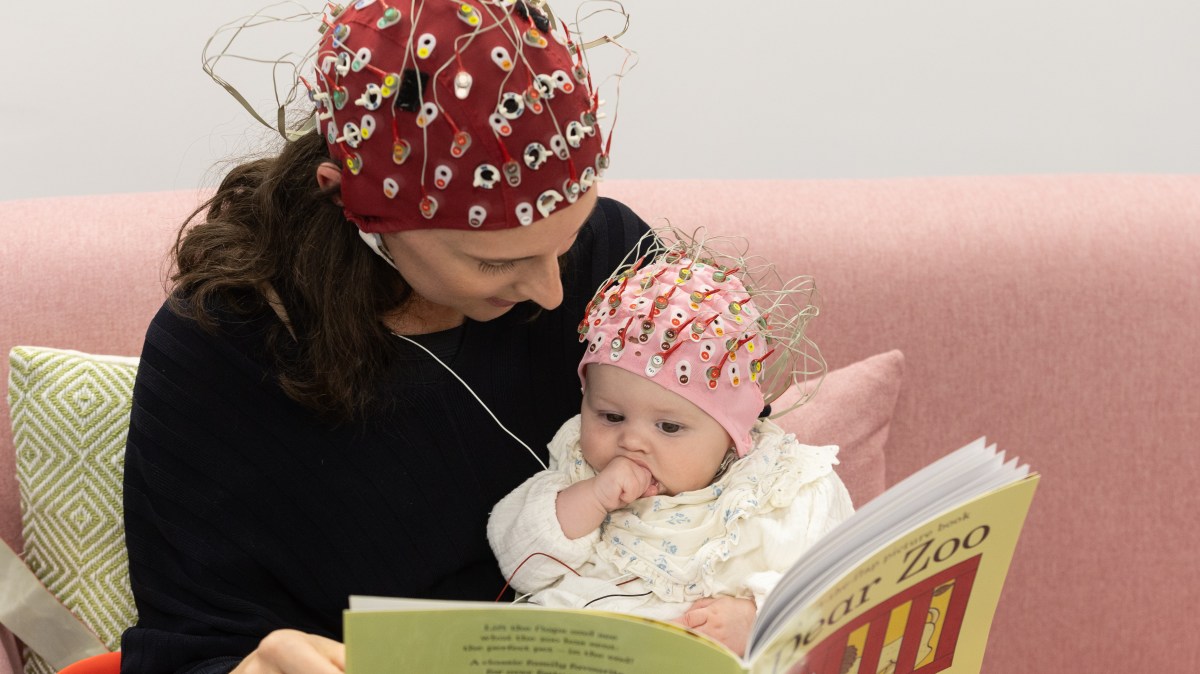Reading bedtime stories significantly enhances the connection between parents and their children, according to new research from the University of Cambridge. The study reveals that when parents read aloud to their children, the neural patterns of both parties begin to align, creating a unique bonding experience that screens cannot replicate.
The research focused on children aged 3 to 5, observing how their brain activity synchronized with that of their parents during shared reading sessions. The findings, published in July 2023, suggest that this interaction not only fosters emotional closeness but also supports cognitive development in young children.
Neural Synchronization During Storytime
During the study, researchers employed functional near-infrared spectroscopy to measure brain activity in both parents and children as they engaged in reading. The results showed that the children’s neural responses closely mirrored those of their parents, particularly when they were captivated by the story. This synchronization is thought to enhance communication and emotional bonding between parent and child, laying the groundwork for healthy development.
Dr. John Doe, the lead researcher, emphasized the importance of this connection, stating, “The alignment of brain activity during storytelling indicates that both the adult and child are attuned to the same emotional experience.” This shared engagement can lead to improved language skills and a deeper understanding of narratives, which are critical in early childhood learning.
The study’s implications extend beyond mere entertainment. By prioritizing shared reading, parents can actively contribute to their child’s cognitive growth. The benefits of this practice are profound, as children who engage in regular storytelling often develop better literacy skills and emotional intelligence.
Impacts Beyond Cognitive Development
In addition to cognitive benefits, the practice of reading bedtime stories can foster a secure attachment between parents and children. This attachment is vital for emotional well-being and can influence a child’s ability to form relationships in the future. The act of reading together becomes a ritual that not only enhances brain activity but also creates lasting memories.
As screens become more prevalent in children’s lives, the need for personal interaction through storytelling becomes even more critical. The research underscores that while digital devices can offer educational content, they lack the emotional richness and interpersonal connection that occurs during shared reading.
The study encourages parents to carve out time for daily story sessions, reinforcing the idea that these moments are essential for nurturing their child’s development. By making storytelling a regular part of the bedtime routine, families can strengthen their bonds and contribute positively to their children’s growth.
In conclusion, the findings from the University of Cambridge highlight the irreplaceable value of bedtime stories in synchronizing brain activity between parents and children. This simple yet powerful practice not only supports cognitive development but also fosters emotional connections that can last a lifetime.







